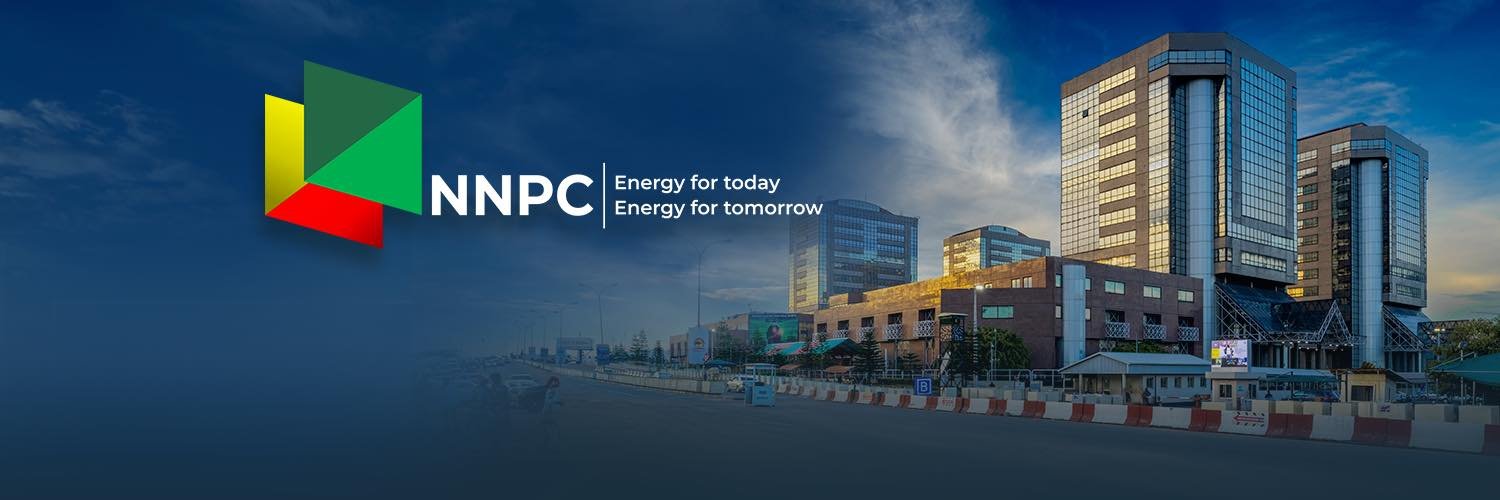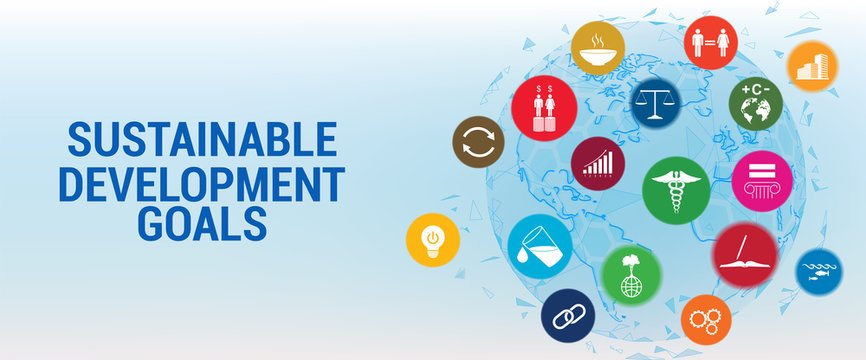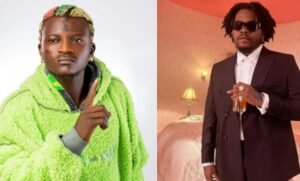By Rita Okoye
Stunning Nollywood actress Okechukwu Chidimma Tracy, widely known as Tracy Edwin on Instagram, is a paragon of beauty with enviable curves and towering height.
While her physical attributes naturally draw attention, many men seem intimidated by her stature, opting to admire her from afar rather than approach her.
In an interview with Sunday Sun, Tracy Edwin, who also serves as the special assistant to the President of the Actors Guild of Nigeria (AGN), Chief Emeka Rollas, opened up on her experience with men and the reasons behind her six-year hiatus from acting.
How did your acting journey start?
I’ve been acting since 2001. When I first started, I was young and had the “sexy small girl” look that was in demand, but I wasn’t taking Nollywood seriously. People around me helped me get roles, but I was more focused on relationships and family, which led me to take a six-year break. I returned to acting later, and here I am now.
What were your early days’ challenges?
Looking back, I didn’t face many challenges then because I wasn’t desperate for roles. Even when I was called for jobs, I sometimes said I wasn’t available. I was more focused on other things, and people were willing to help me without me even trying.
What was the turning point of your career?
I don’t think there’s been one defining moment. I’ve always seen myself as international. Acting brings me joy, and I get excited whenever I’m given a job, even more than the money I earn from it. It’s something that lights me up from the inside.
Did you experience any sexual harassment during your early?
I didn’t experience anything like that. This is because I wasn’t into acting properly, the producers were the ones asking me to do it. They would say, ‘Who’s this plumpy fine girl?’ They needed me, but I wasn’t available for them. They were calling me for jobs, but I kept rejecting them because I was still in university then.
Are there certain roles you can’t take?
There aren’t many roles I wouldn’t play, but I won’t go naked on screen. I’m fine with intimate roles, at least for now. Maybe that will change when I’m married, but I don’t plan on giving up my career for anyone. I’ve done that before, and it left me depressed—I won’t do it again.
You talked about leaving Nollywood because of your family and relationship, what happened?
There was this guy that my family wanted me to get involved with and they didn’t want me to go into acting. So, I had to quit acting. My dad was no more and my sister was the one training me in the university then. So, I tried to see if I could cope with the situation, but I couldn’t. That was why I returned to the industry after six years.
With your intimidating height and endowments, what has been your experience with men? Do they develop the confidence to make advances at you?
At first, they would pretend as if they didn’t like me. But ironically, they liked me, and before you knew what was happening, they would start coming closer to me. They use this attitude to draw my attention to them. They always say ‘I don’t like her because she’s a snub. But I am not, I don’t snub people
How would you describe yourself?
I would describe myself as disciplined, straightforward, and lovable. As for being romantic – maybe in some ways, but not hopelessly so.
A few months ago, you were appointed the SSA to the president of the Actors Guild of Nigeria on Gender Equality, how has it been?
This is a topic I would love to jump into. In our society, and not just here, but in many places, when it comes to key roles in production, it seems like men get more opportunities than women.
When you talk about directing, the DOPs (Directors of Photography), and the production managers, it feels like women are overlooked. When a woman is directing a film, people often doubt her capability, asking, “Can she do it?”
But in reality, these women can do it, and sometimes even better. I think it’s time we start giving women their fundamental rights in this space. For my productions, I make sure to offer roles based on capability, not gender.
If a woman is qualified to be a DOP or a PM, then she should get the job, not because she’s a woman, but because she can do it. And when it comes to pay, it should be equal for everyone on the same level, regardless of gender.
Do women get marginalised in Nollywood?
No, I don’t think so. In the industry, it’s about where you’ve reached in your career. There’s no uniform pay; just like in other sectors, everyone’s pay differs based on their level.
It’s not because you’re a woman that you get paid less – it’s about your skills and experience. I also produce films, and I’ve never experienced any disrespect. I have a certain personality that commands respect, but I first respect myself and others, so there’s no room for disrespect.
I don’t get too involved in the day-to-day aspects of my films since I usually play either the lead or a supporting role, but even when I’m not doing my films, I’ve never felt disrespected.
XXX







